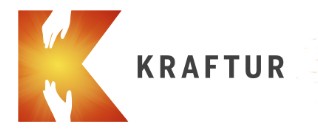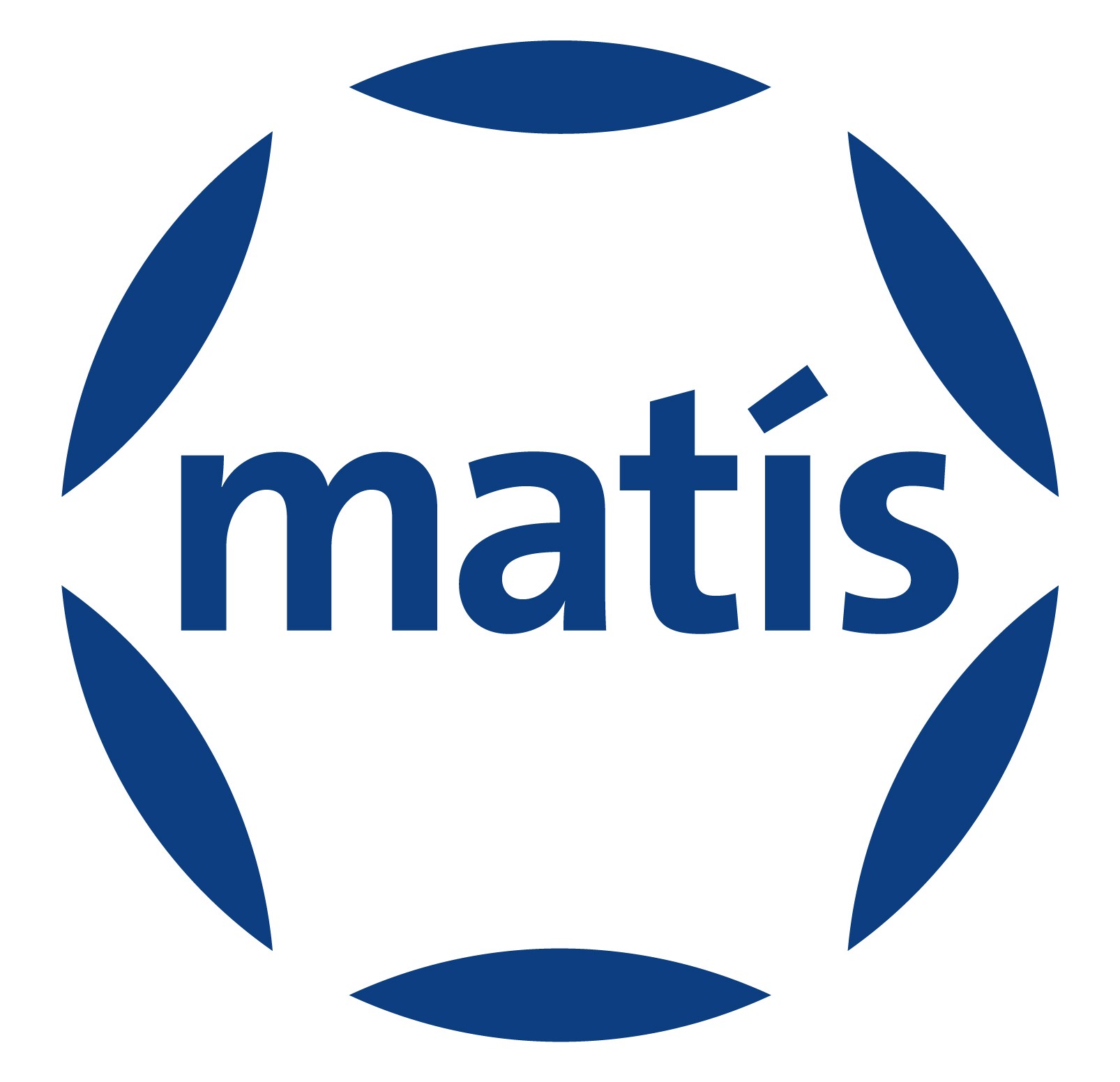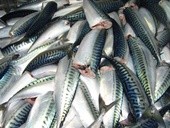Matís does not send out Christmas cards by post but sponsors Kraft
Líkt og undanfarin ár þá sendir Matís ekki út hefðbundin jólakort heldur eingöngu kort á rafrænu formi. Þess í stað […]
Matís does not send out Christmas cards by post but sponsors Kraft Nánar »





